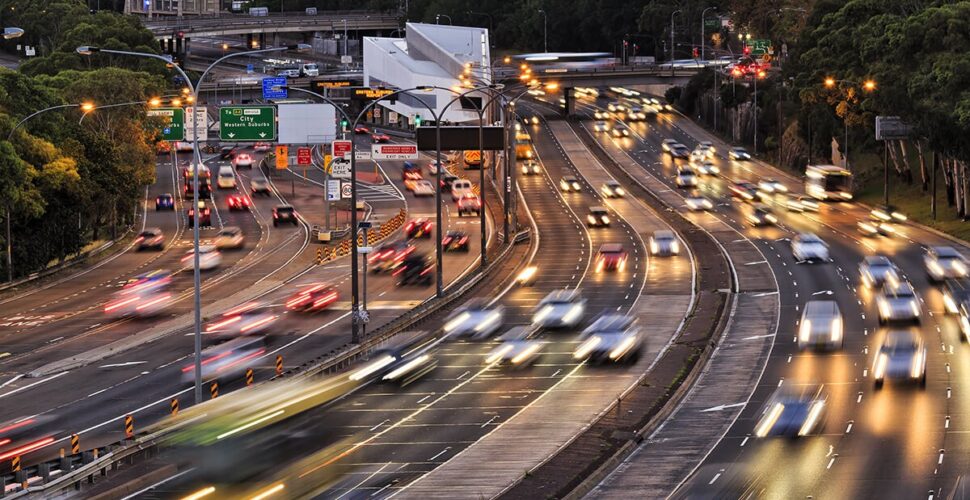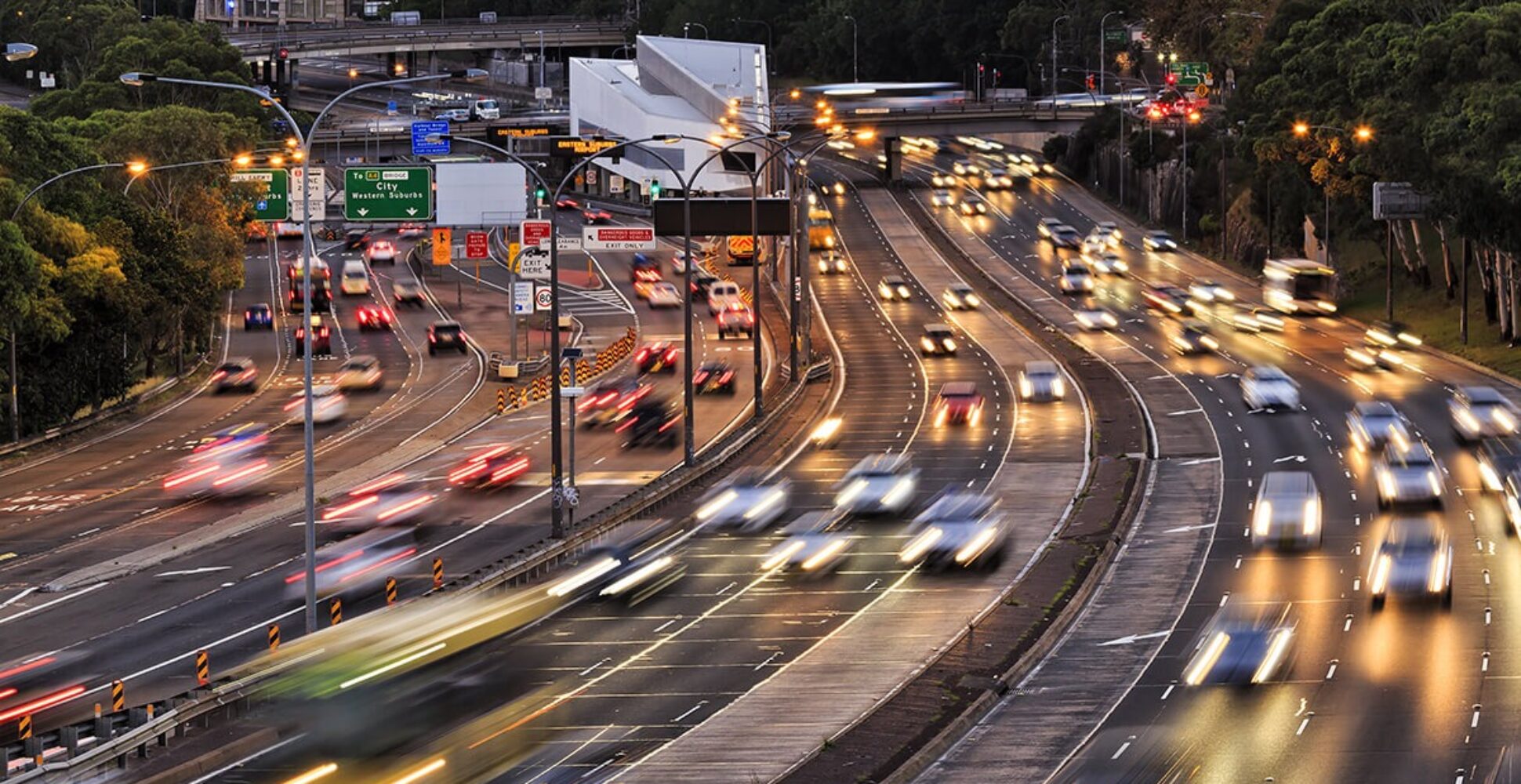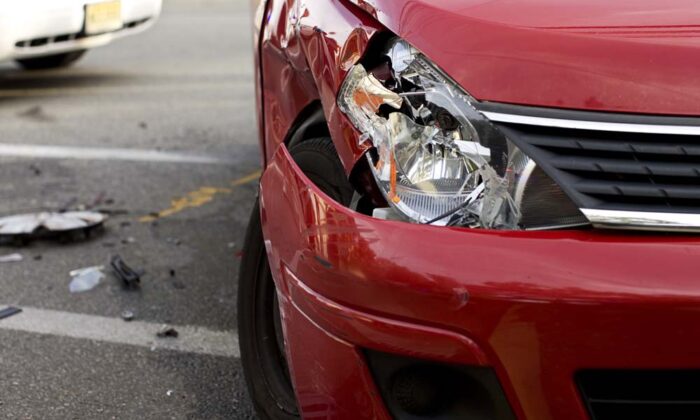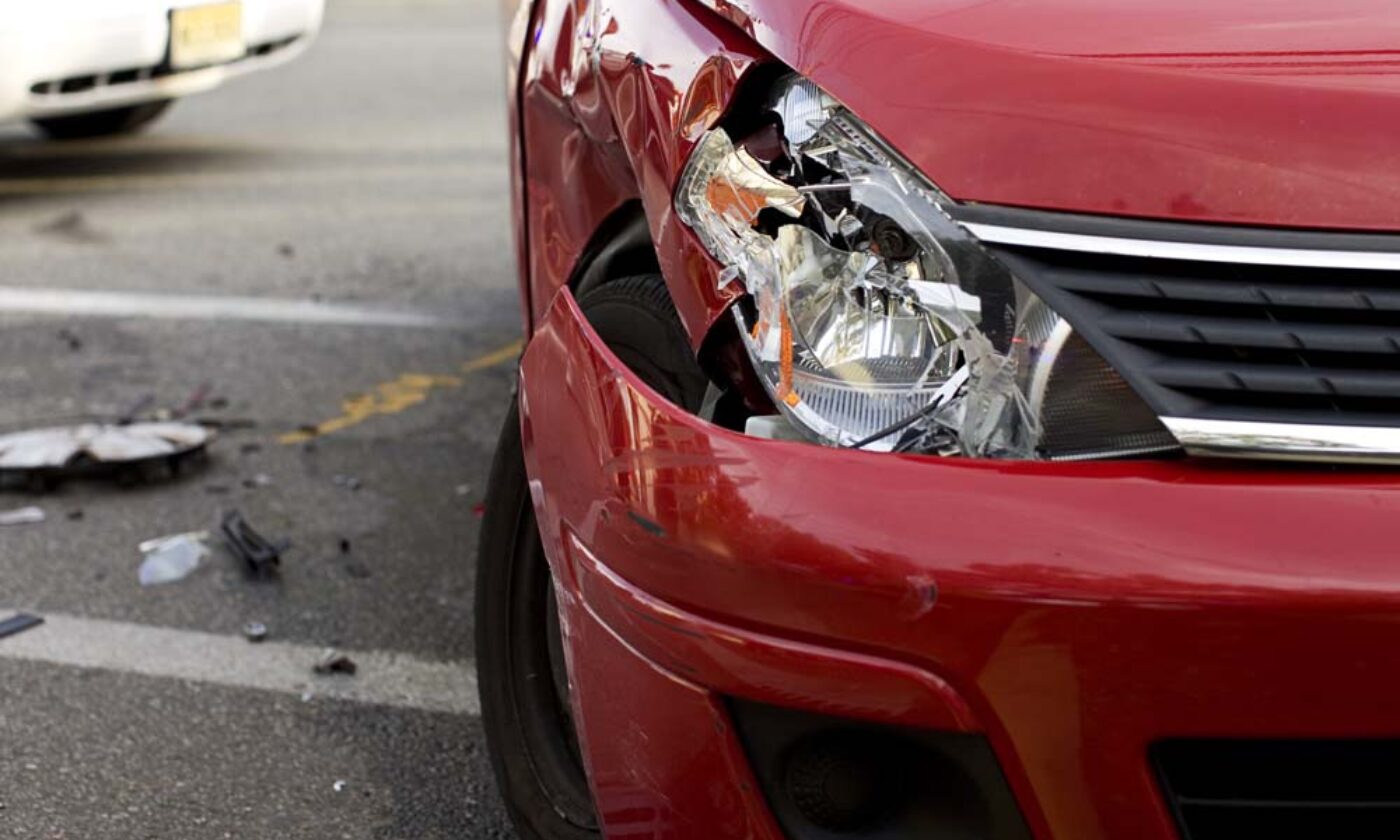Motor Vehicle Accidents
Road Rules: How traffic laws differ by state in Australia


On the surface, it might appear that the rules of the road are consistent across Australia – but there are some slight differences between states and territories that you’ll want to take note of before your next road trip to avoid motor vehicle accidents.
Being aware of interstate road rules not only spares you from picking up hefty fines, but it also keeps you and other road users safe. Here’s what you need to know about road rules and traffic laws across Australian states and territories.
Speed limits
Speed limits are relatively standardised across Australian states and territories, but there are a few exceptions to take note of. Always abide by the signed speed limit, but use the following as guidelines in unposted areas.
| Road type/location | Speed limit by state |
| Built up areas (where no sign is posted) | 50 kmph in all states and territories except the Northern Territory (60 kmph). |
| Outside built up areas (where no sign is posted) | 100 kmph in all states and territories except Western Australia and the Northern Territory (110 kmph) |
| School zones | 40 kmph in all states and territories except South Australia (25 kmph). |
| Freeways and dual carriageways | Range between posted limits of 100 – 110 kmph. Certain highways in the Northern Territory have a limit of 130 kmph. |
U-turns and hook turns
It is illegal to perform a u-turn at traffic lights in all states and territories except Victoria, where u-turns are permissible unless there is a road sign that says otherwise.
Certain Melbourne intersections also require a hook turn, where a right hand turn is taken from the outermost lane. If you are visiting Melbourne from out of state, it’s worth familiarising yourself with this procedure to minimise your risk of an accident. The video below from VicRoads gives a demonstration.
Double demerit points
Double demerit points are enforced in NSW, WA, and the ACT on dates that tend to have a high road toll (e.g. long weekends, public holidays). Police notify the public of double demerit points in advance, so it pays to keep informed if you plan on driving on a public holiday.
Double demerit points are also enforced in Queensland with a slightly different arrangement. Any driver who commits the same demeritable offence twice in a 12 month period is subject to double demerits.
Examples of demeritable offences include:
- Using a mobile while driving
- Speeding at least 21kmph over the limit
- Failing to wear a seatbelt properly
- Failing to wear a helmet properly if on a motorbike.
Mobile devices
Using a mobile device while driving is not permitted in any state or territory. Fines and penalties vary across Australia, ranging up to $1000 and 4 demerit points in Queensland – Australia’s toughest state when it comes to this particular law.
Driving while intoxicated
Driving while intoxicated poses a serious and potentially fatal risk to other road users and attracts harsh penalties in every Australian state and territory.
0.05 BAC (blood alcohol content) is the legal limit for fully licensed drivers across Australia, although a 0.0 BAC is enforced for:
- Learner or provisionally licensed drivers
- Drivers with interlock devices or restricted licenses
- Drivers of commercial vehicles and public vehicles (buses, taxis, trucks).
Make a motor vehicle accident claim today
LHD Lawyers help everyday Australians receive the benefits they are entitled to for motor vehicle accident claims. We are so sure of our abilities to win your case that we stand firmly by our No Win No Fee Policy. Call 1800 455 725 to arrange a consultation.
Author: Paul Singh
Original Publish Date: September 8, 2021
Last Updated: March 20, 2024

Check if you’re eligible or get free claim advice now



